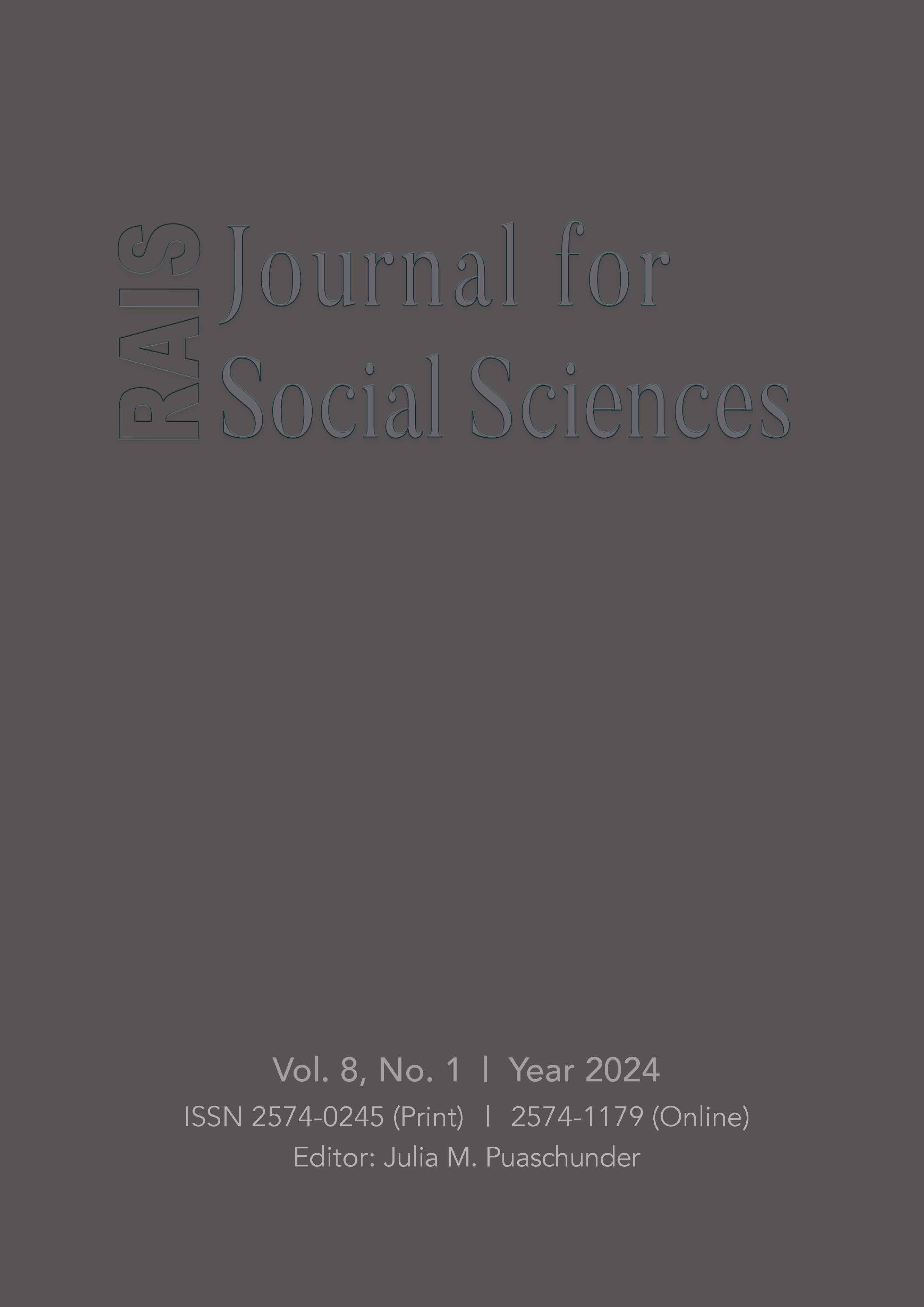The Relevance of Bebbington's Patrullater in Defining Evangelicalism
The Relevance of Bebbington's Patrullater in Defining Evangelicalism
Author(s): Iosif AncaSubject(s): Other Christian Denominations, Sociology of Religion
Published by: Scientia Moralitas Research Institute
Keywords: Bebbington's patristic; evangelicalism; conversionism;
Summary/Abstract: D. W. Bebbington's Patristicism occupies a prominent place in defining the evangelical movement, although initially the four distinctive characteristics of evangelicalism (conversionism, activism, biblicism and crucicentrism) were only stated out of a desire to best summarize what was considered common knowledge. Over time, however, the model proposed by D. W. Bebbington, modifications and adjustments have been proposed, aimed at: separating historical evangelicalism from contemporary evangelicalism, mentioning the historical moment of the movement's emergence and the Christian traditions from which it originates, including the role of the Holy Spirit's involvement in the convictions and ministry of the movement's initiators, the dynamic analysis of the movement, but also the conviction that among the basic elements that unite evangelicals is the struggle to meet the demands of personal faith in an increasingly secularized world, accompanied by a careful concern for affiliation to the body of the community. So, while D. W. Bebbington's quadrilateral has its merits, a current definition of evangelicalism must take into account not only the current state of the movement or the different forms the movement takes in various parts of the globe but also its evolution over time.
Journal: RAIS Journal for Social Sciences
- Issue Year: 8/2024
- Issue No: 1
- Page Range: 110-116
- Page Count: 7
- Language: English

